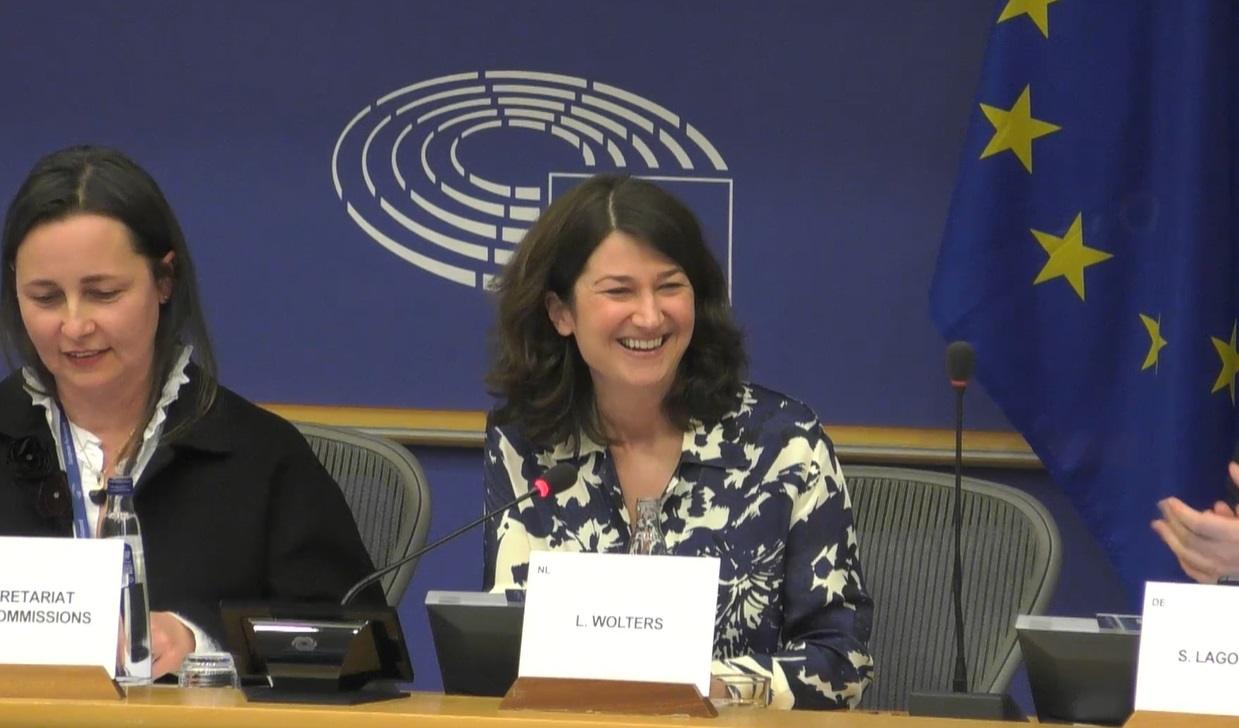Watered-down Supply Chain Sustainability Due Diligence Law Passes First Hurdle in EU Parliament
The European Parliament’s Legal Affairs Committee announced today that it has approved the revised Corporate Sustainability Due Diligence Directive (CSDDD).
The adoption of the bill by the committee, in a 20-4 vote clears a key hurdle towards the final passage of the new rules requiring companies to address their negative impacts on human rights and the environment and across their supply chains, after it had been significantly scaled back by member states from a prior version that had already been agreed upon by the EU Parliament and Council.
The CSDDD was initially proposed by the European Commission in February 2022, setting out obligations for companies to identify, assess, prevent, mitigate, address and remedy impacts on people and planet – ranging from child labor and slavery to pollution and emissions, deforestation and damage to ecosystems – in their upstream supply chain and some downstream activities such as distribution and recycling.
After Parliament and Council had reached an agreement on the new legislation, sending the directive for final approval by each body, however, the approval vote in Council was postponed in January after Germany threatened to not support the regulation on concerns of the bureaucratic and potential legal impact it would have on companies, with its success then thrown into further doubt when Italy reportedly also subsequently pulled its support, ultimately failing to pass in late February after a last minute effort by France to significantly scale back the scope of the new rules to only the largest companies in the EU.
Following some significant compromises on the legislation, member states in the Council finally approved the CSDDD last week. One of the most significant changes in the revised CSDDD significantly scaled back the number of companies by raising the thresholds of those covered by the new legislation to 1,000 employees, up from 500, and to those with revenue greater than €450 million, up from €150 million. The new thresholds would cut back the number of companies in the scope of the CSDDD by roughly two thirds. Lower thresholds that had been in place for high-risk sectors were also removed, with the possibility to be reconsidered later.
Additional changes to the CSDDD included phasing in the legislation, so that it will only be fully implemented for all in-scope companies five years after coming into force, and excluding product disposal activities from the scope of the law, as well as removing the requirement for companies to promote the implementation of climate transition plans through financial incentives.
Following the adoption by the committee, the new legislation will now advance for a full plenary vote in Parliament.
Lead MEP Lara Wolters said:
“I’m delighted that a clear majority of Legal Affairs Committee members backed the Due Diligence Directive today. It is high time that this legislation is adopted, to stop corporate abuse and to give companies clarity in what is expected of them. I’m looking forward to the plenary vote and confident that it will be adopted swiftly.”





